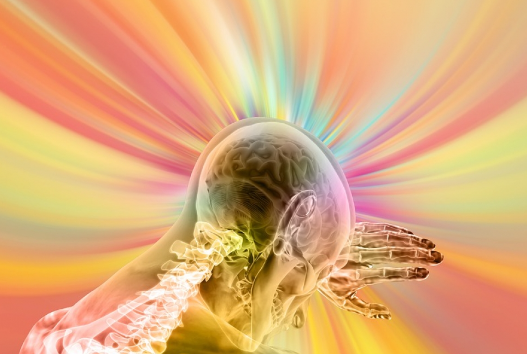
Introduction
The relationship between science and religion has been a topic of debate, discussion, and reflection for centuries. At times, these two domains have appeared to be in conflict, while in other instances, they have found common ground. In this article, we will delve into the intricate and evolving relationship between science and religion, exploring areas of conflict, convergence, and potential reconciliation.
Conflict Between Science and Religion
1. Historical Conflicts:
- The Galileo Affair: In the 17th century, the Catholic Church’s condemnation of Galileo Galilei’s heliocentric theory of the solar system is often cited as a prominent example of conflict between science and religion.
- Darwin’s Theory of Evolution: Charles Darwin’s theory of evolution through natural selection challenged certain religious beliefs about the origin of species, leading to debates that continue to this day.
2. Creationism vs. Evolution:
- The debate over creationism, which asserts a divine origin of life, and the theory of evolution, which posits a naturalistic explanation, has been a contentious issue, particularly in certain religious communities.
3. Ethical Dilemmas:
- Advances in scientific knowledge, such as genetic engineering and stem cell research, have raised ethical concerns for religious groups that grapple with questions of human dignity and moral boundaries.
Convergence and Compatibility
1. Accommodation Theories:
- Some theologians and religious thinkers have developed accommodation theories that seek to reconcile religious beliefs with scientific findings. They argue that science and religion can coexist harmoniously.
2. Interfaith Dialogue:
- Interfaith dialogues bring together scientists and religious leaders to discuss common ground and shared values, fostering understanding and cooperation.
3. Theistic Evolution:
- Theistic evolution is a viewpoint held by many religious believers who see no conflict between their faith and the acceptance of evolutionary theory. They believe that God’s guidance and natural processes can coexist.
4. Science as a Tool for Understanding Creation:
- Some religious individuals see science as a means to better understand and appreciate the intricacies and beauty of the natural world, viewing scientific discoveries as a form of divine revelation.
Areas of Mutual Contribution
1. Ethics and Morality:
- Both science and religion play roles in shaping ethical frameworks. Religion provides moral guidance, while science informs us about the consequences of our actions, helping us make informed ethical choices.
2. Human Well-Being:
- Medical and psychological advancements, often rooted in scientific research, have improved human health and well-being, aligning with religious principles of compassion and care for others.
3. Environmental Stewardship:
- Many religious traditions emphasize stewardship of the Earth. Science can provide valuable insights into the environmental challenges we face, enabling us to fulfill these ethical responsibilities.
Challenges and Ongoing Questions
1. Worldview Differences:
- Science and religion often operate within distinct worldviews, leading to fundamental differences in their approach to questions of existence, meaning, and purpose.
2. Limitations of Knowledge:
- Both science and religion have inherent limitations in explaining the mysteries of the universe. Science may not address questions of ultimate purpose, while religion may not provide empirical answers.
3. Variability Among Believers:
- Not all individuals within religious communities hold the same views on the relationship between science and faith. The level of conflict or compatibility varies among believers.
Conclusion: A Complex and Evolving Relationship
The relationship between science and religion is multifaceted, with areas of conflict, convergence, and mutual contribution. While conflicts have arisen historically, many contemporary scholars and believers seek ways to reconcile scientific knowledge with their faith. Understanding and appreciating this complex relationship involves recognizing that both science and religion have unique roles and limitations, and they can coexist peacefully when approached with respect, open dialogue, and a shared commitment to improving human understanding and well-being. Ultimately, the relationship between science and religion continues to evolve as both domains contribute to the human quest for knowledge, meaning, and a deeper understanding of the universe.